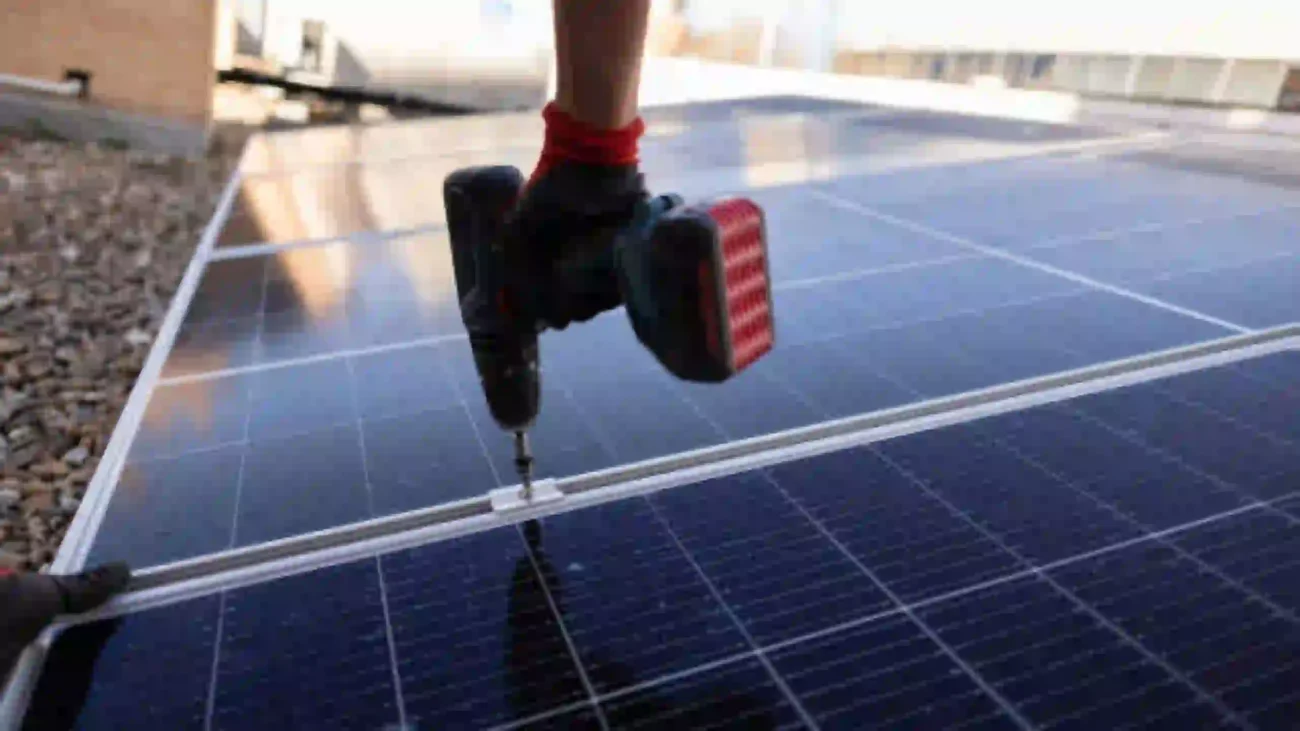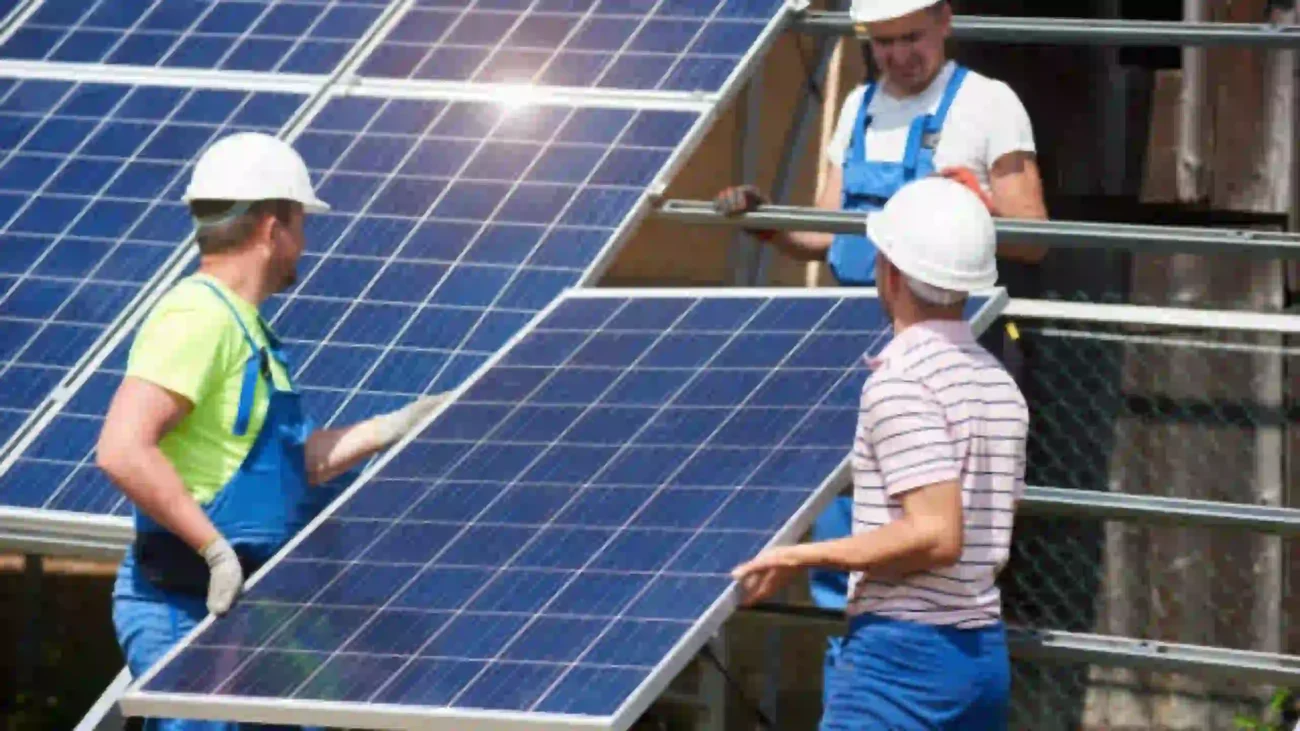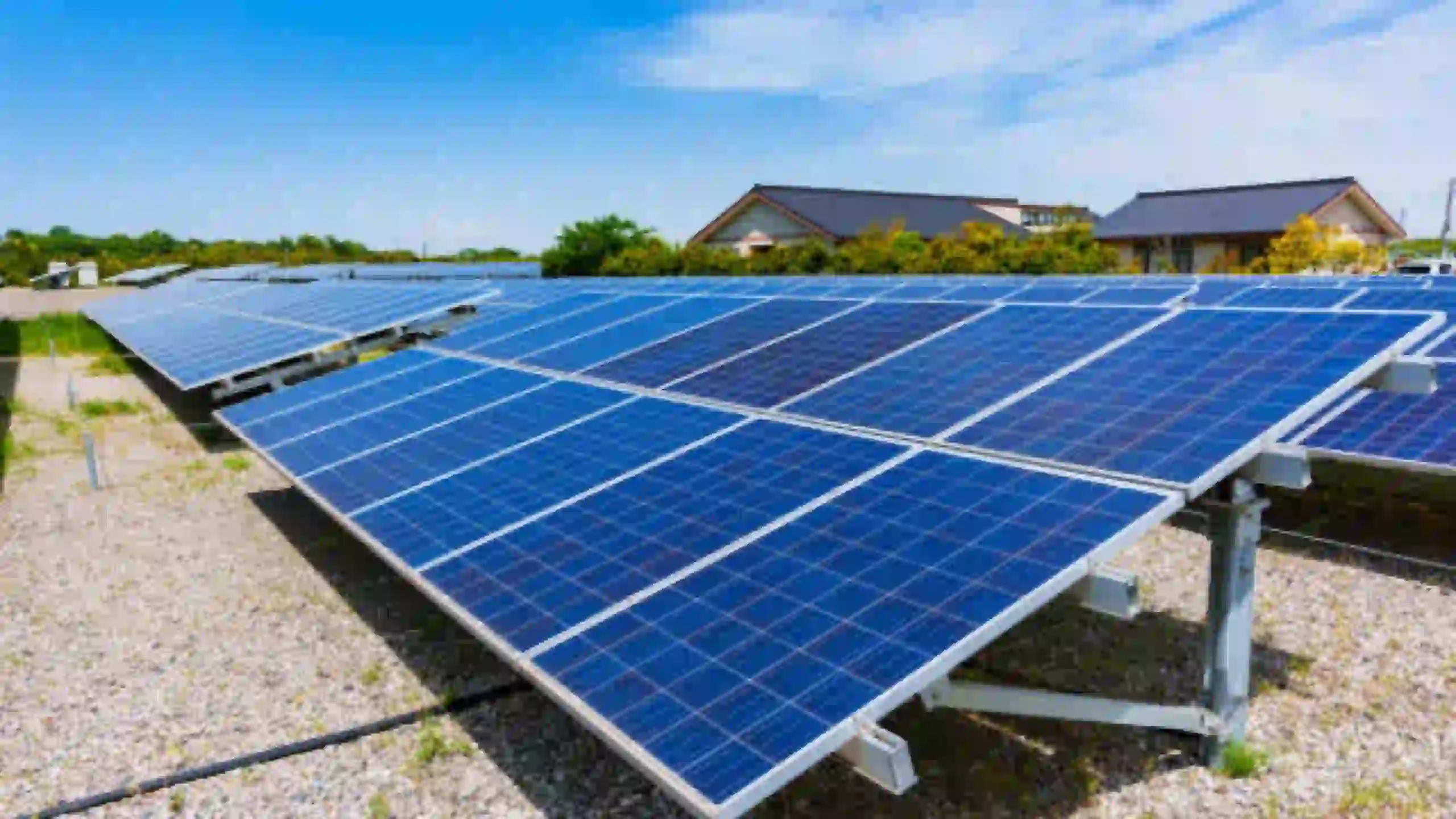Introduction
In the quest for sustainable energy solutions, solar power stands out as a promising option. Harnessing the sun’s abundant energy through solar panels not only reduces reliance on fossil fuels but also offers potential savings on electricity bills. However, a common question among prospective solar adopters is: How many Solar Panels Do You Need do you need to power your home effectively? In this comprehensive guide, we’ll delve into the factors influencing this decision and provide practical insights to help you determine the optimal number of solar panels for your specific needs.
In This Post
Understanding Solar Energy Basics
To grasp the dynamics of solar panel requirements, it’s essential to first understand how solar energy works. Solar Panels Do You Need, composed of photovoltaic cells, convert sunlight into electricity through the photovoltaic effect. Factors such as sunlight exposure, geographic location, and panel efficiency play significant roles in determining the amount of energy generated. Additionally, considering your energy needs and consumption patterns will guide the sizing process effectively.
Assessing Your Solar Panels Do You Need
Before diving into solar panel calculations, it’s crucial to assess your household’s energy requirements accurately. Start by analyzing your average daily energy consumption, taking into account seasonal variations and future changes in usage patterns. Understanding your energy needs will serve as a baseline for calculating the number of Solar Panels Do You Need to meet your requirements adequately.

Determining Solar Panels Do You Need Requirements
Once you’ve evaluated your energy needs, it’s time to determine the specific requirements for your solar panel system. Factors such as solar panel wattage, efficiency ratings, and available sunlight will influence the calculation process. By considering your roof size, orientation, and potential shading factors, you can optimize the placement and configuration of your solar panels for maximum efficiency.
Utilizing Solar Panel Sizing Tools and Resources
Fortunately, there are numerous online tools and resources available to assist you in sizing your solar panel system accurately. Solar panel calculators can provide tailored estimates based on your location, energy consumption, and other relevant factors. By inputting relevant data into these tools, you can gain valuable insights into the number of Solar Panels Do You Need required for your specific situation.
Considering Budget and Financial Factors
While transitioning to solar energy offers long-term financial benefits, it’s essential to consider the initial investment and potential savings. Estimating the upfront costs for purchasing and installing solar panels, as well as exploring available financial incentives, rebates, and tax credits, will help you assess the financial feasibility of your solar project. Evaluating the long-term return on investment (ROI) will provide clarity on the economic benefits of solar energy adoption.
Consulting with Solar Panels Do You Need Professionals
Navigating the complexities of solar panel sizing and installation may require professional expertise. Consulting with reputable solar energy companies or contractors can provide valuable guidance and assistance throughout the process. Experienced professionals can conduct on-site assessments, address specific concerns, and recommend customized solutions tailored to your needs and budget.

Case Studies and Real-Life Examples
To gain a deeper understanding of solar panel requirements, it’s instructive to examine real-life case studies and examples. By showcasing successful solar panel installations and outcomes in various scenarios, we can glean insights into best practices, challenges encountered, and lessons learned. Real-world experiences offer practical wisdom that can inform and inspire individuals embarking on their solar energy journey.
Conclusion
In conclusion, determining how many solar panels you need requires careful consideration of various factors, including energy needs, location, panel efficiency, and budget constraints. By leveraging online tools, consulting with professionals, and exploring real-life examples, you can make informed decisions and embark on a successful solar energy journey. Embracing solar power not only contributes to a greener future but also offers tangible benefits for your wallet and the planet alike.
Frequently Asked Questions (FAQs) About Solar Panel Sizing
How do I determine how many solar panels I need for my home?
To determine the number of solar panels needed for your home, assess your average daily energy consumption, consider factors like geographic location, roof size, orientation, and shading, then use online solar panel calculators or consult with professionals for tailored recommendations.
What factors influence the number of solar panels required?
Several factors influence the number of solar panels required for a home, including energy consumption, sunlight exposure, panel efficiency, roof space availability, and geographic location. Understanding these factors is essential for accurately sizing a solar panel system.
What is the average size of a residential solar panel system?
The average size of a residential solar panel system varies based on energy needs and available roof space. Typically, residential systems range from 3 to 8 kilowatts (kW), with larger homes or higher energy consumers requiring larger systems.
How does panel efficiency affect the number of solar panels needed?
Panel efficiency directly impacts the number of solar panels needed for a system. Higher efficiency panels generate more electricity per square foot, reducing the overall number of panels required to meet energy needs. However, higher efficiency panels often come with a higher upfront cost.
Can I install fewer solar panels and still meet my energy needs?
Installing fewer solar panels may not meet your energy needs consistently. Under-sizing your system could result in reliance on the grid during times of high energy demand or reduced sunlight. It’s crucial to accurately size your solar panel system to ensure reliable and sufficient energy production.
How can I maximize the efficiency of my solar panel system?
To maximize the efficiency of your solar panel system, ensure proper installation and maintenance, optimize panel orientation and tilt angle for sunlight exposure, minimize shading, and consider investing in high-efficiency panels. Monitoring system performance and addressing issues promptly can also help maintain optimal efficiency levels.
What financial incentives are available for installing solar panels?
Financial incentives for installing solar panels vary by location and may include federal or state tax credits, rebates, grants, and net metering programs. Research available incentives in your area to maximize cost savings and make solar energy more affordable for your home or business.
How long does it take to recoup the initial investment in solar panels?
The time it takes to recoup the initial investment in solar panels varies based on factors such as system cost, energy savings, incentives, and local electricity rates. On average, homeowners typically recoup their investment within 5 to 10 years, with continued savings thereafter from reduced energy bills.
Do I need to consult with a professional before installing solar panels?
While not mandatory, consulting with a solar energy professional is advisable before installing solar panels. Professionals can provide valuable guidance on system design, sizing, placement, and potential challenges. Their expertise can ensure optimal performance and efficiency of your solar panel system, leading to long-term cost savings and benefits.
Are there any maintenance requirements for solar panels?
Solar panels typically require minimal maintenance, such as periodic cleaning to remove dust and debris. Monitoring system performance and addressing any issues promptly can help maximize the longevity and efficiency of your solar panel system.
